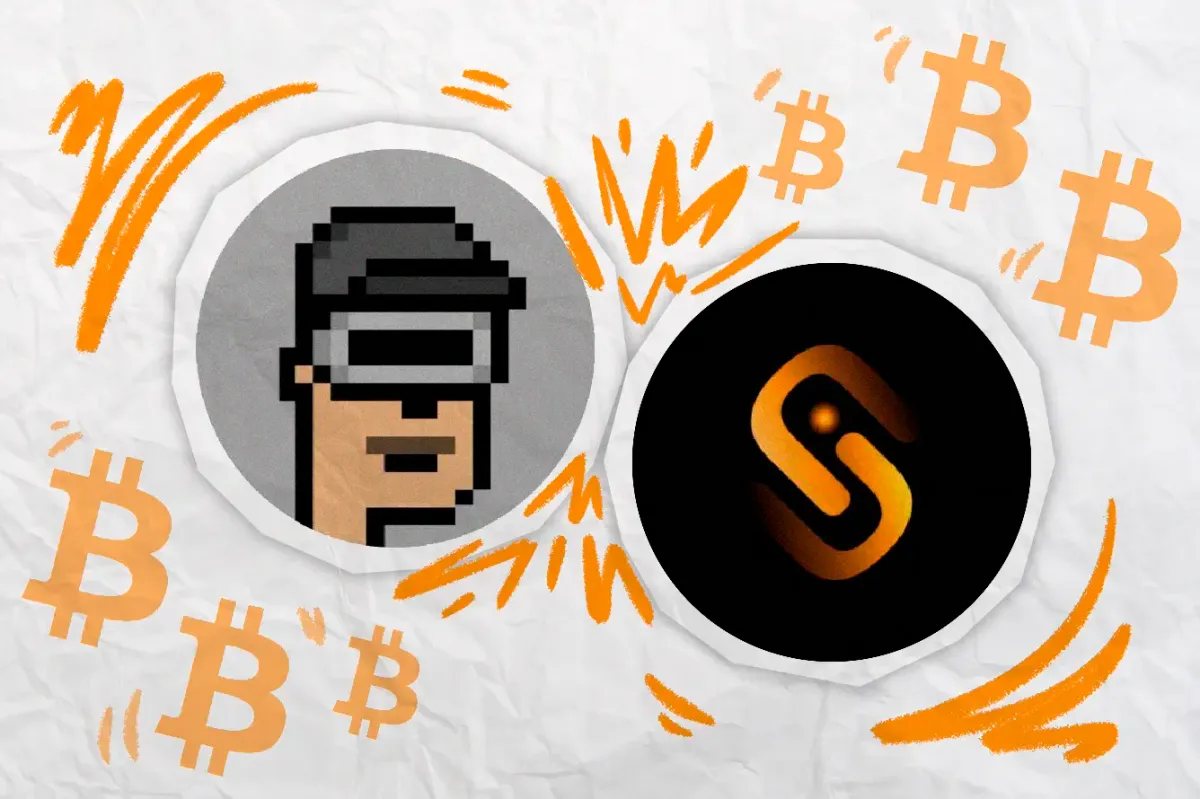
Domo, the Bitcoin developer who created the BRC-20 token standard using the Ordinals protocol last March, is asking the community to boycott a fork proposed by Unisat that would allow the wallet to follow the Ordinals Jubilee upgrade.
The developer recently posted on X, "We implore the collective BRC20 community to reject the fork proposed by Unisat and stand with a non-profit, safety-first approach to the maintenance of this protocol."
Unisat is one of the BRC-20 token indexers that extract and verify information from the inscriptions and keep a record of user balances in an off-chain database.
According to a thread on the Ordinals GitHub forum, other indexers such as OKX, ME, and TRAC_btc agreed that they would not implement the Ordinals Jubilee upgrade and instead would continue operating on the current 0.9.0 version.
Diverging from its peers, Unisat announced to users that it would follow the upcoming version of Ordinals to avoid opening the "Pandora's box of numerous cross-affecting cases" that having the BRC-20 tokens and Ordinals working on different versions could lead to. However, if Unisat decides to follow the upgrade alone, it will lead to user balances diverging across different platforms.
Domo described this as a disregard for its peer indexers and a potential security hazard, as "these changes may not be safe to integrate without the robust testing, coordination, and validation infrastructure that is currently being built."
The developer further accused the non-custodial wallet of having made this decision as a part of an "ongoing strategy to gain control of the protocol" rather than as a "one-time unilateral technically driven action on the part of Unisat."
Through the X account of the Layer 1 Foundation, the developer has warned the community that as the standard is likely to expand in 2024, it will become a challenge to protect the protocol's values of decentralization and inclusivity from "the influx of capital and pursuit of ambitious projects," and that "without a continued commitment to these values, there's a risk of bifurcation, leading to a centralized and commercial control of standards we've worked so hard to democratize."
Whether it is a power move or an honest concern for the BRC-20 token protocol, Unisat's decision is already destabilizing the community, with more confusion likely to arise after the Ordinal Jubilee upgrade happens.

